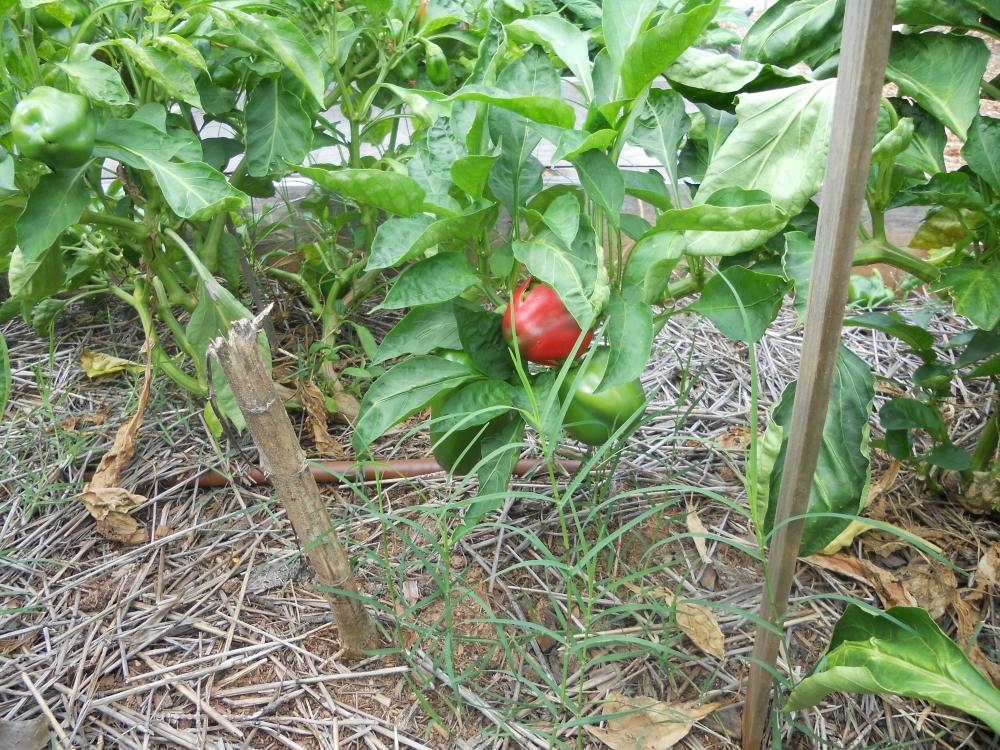
Section Branding
Header Content
Survey Documents Crop Losses
Primary Content

A University of Georgia survey estimates that the state’s fruit and vegetable farmers saw at least $70 million in crop losses in the spring. Because there were fewer people working on Georgia farms, and living and spending money in those communities, the survey estimates the total economic impact of spring crop losses could top $390 million.
Farmers surveyed said they couldn’t pick all of their crops because they had 40 percent fewer workers than they needed. They say native-born Americans won’t do the physically intensive harvesting work. And they say migrant workers left after Gov. Nathan Deal signed the new immigration law in May.
One provision requires many businesses to check workers’ immigration status. Employers will use a federal database known as E-Verify.
Homerville blueberry farmer Connie Horner worries that rule will put some farms out of business.
“All that’s going to do is cripple the agriculture industry," Horner said of the E-Verify program. "It’s not going to solve anything, unless their solution means that we become dependent on third world countries or other countries for our food. If that’s their solution, then they will accomplish that.”
Horner says current state and federal immigration law leave farmers in a bind. To avoid hiring illegal workers, she's considering growing only blueberries she can harvest by machine. But that won’t be an easy shift. There are only a few blueberry varieties that can safely be picked by machine without bruising. And it will require re-planting 80 percent of her crop.
Georgia agriculture commissioner Gary Black testified Tuesday at a U.S. Senate hearing on farm labor. He said the reasons for the farm losses were many.
“The economic losses were real," Black told the committee. "But this year I would say it was more of an impact of the fear of the law, than the law itself.”
Black said the extreme heat also probably affected crop yields.
Black and other state officials say the federal government needs to expand its foreign guest worker VISA program, known as H2A. During the hearing, he ticked off comments he's heard from farmers.
“I’ve listened to farmers for six months and here’s a brief summary of what they’re telling me: 'We desire and must have a legal workforce.' 'The H2A program is flawed.' 'I need workers year-round.' 'Do Americans want their farm products produced here or abroad?' 'I would love to have local workers who were drug-free, sober, reliable and skilled at this work. Tell me where I can find them'.”
Black also revealed that he went undercover, picking squash at a farm for six hours. He noted wryly that he survived. But he acknowledged that a highly-publicized pilot program using probationers to pick crops had "mixed results."
A federal judge blocked part of the immigration law. But other provisions went into effect on July 1.
Tags: immigration law, HB 87, bonner, labor shortage, farms, crop losses
